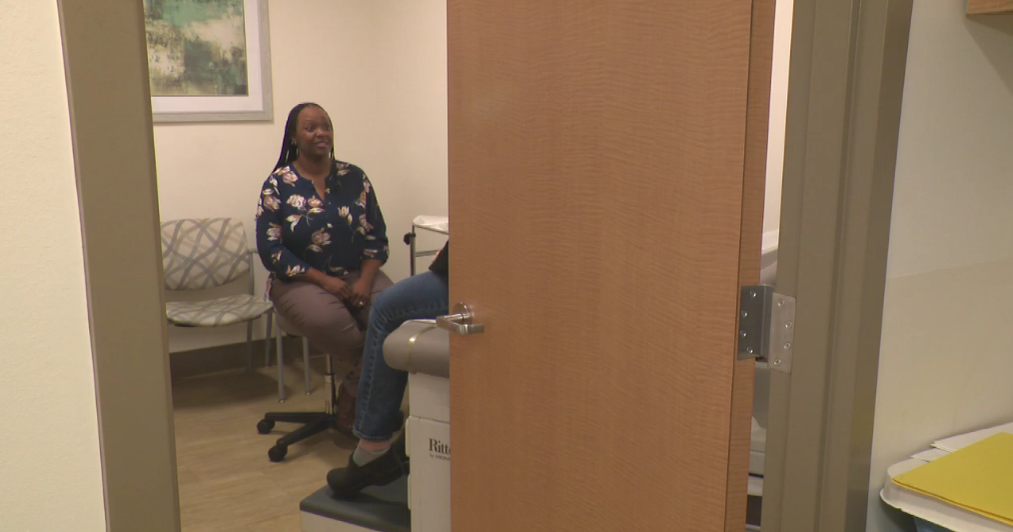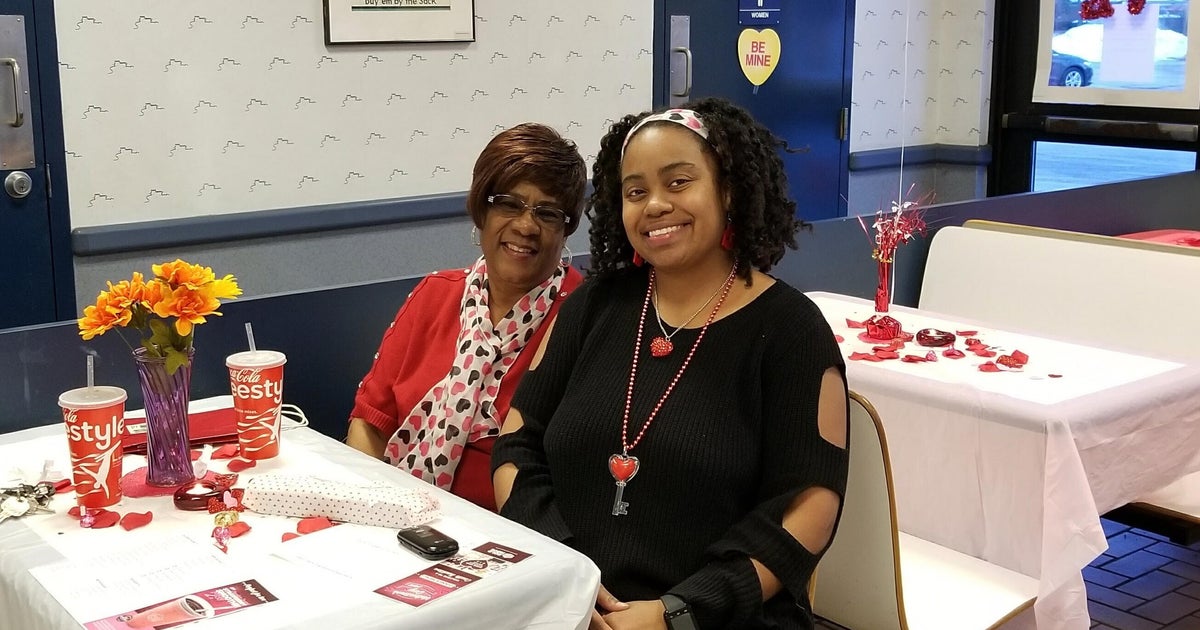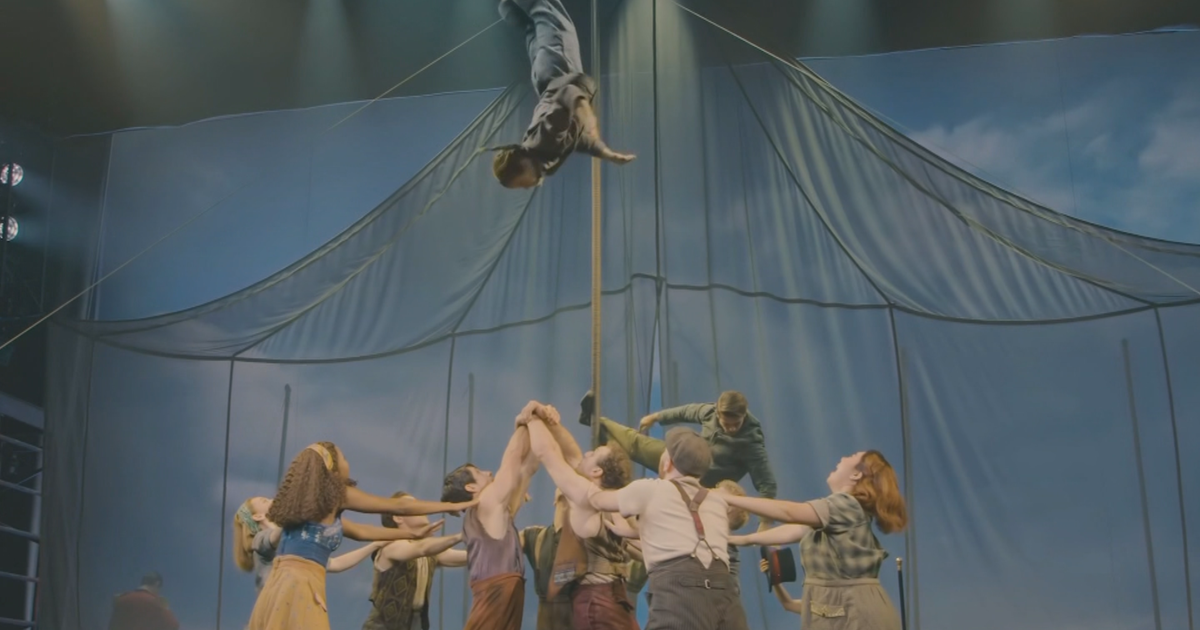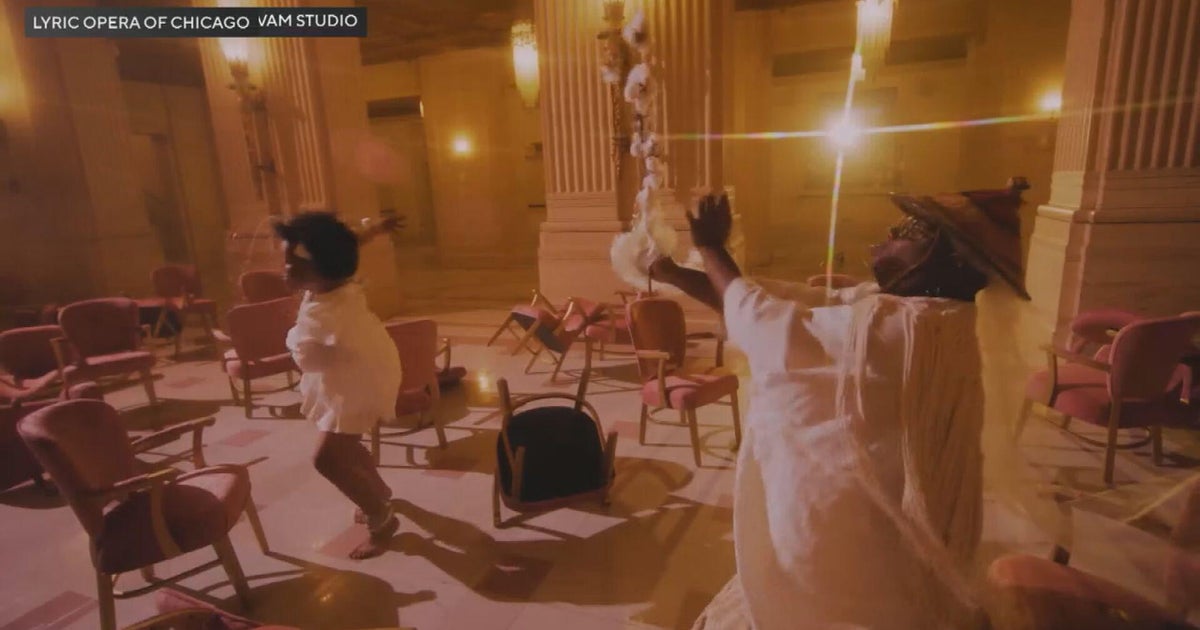Local Writer Spotlight: Poet Elizabeth Spires
By Caryn Coyle
"I felt very much at home when I came here," said poet Elizabeth Spires, who has lived in Baltimore for more than two decades. "This just felt right. They say there are certain places that are your home." Spires wanted to live on the East Coast after growing up in Circleville, Ohio. The town's name comes from the circular burying ground of the local Native American tribes.
"You live in your own imagination when you are working on something," Spires explained. "Obviously, I write about the things I see and experience."
Spires' poem, "Theatre of Pain," describes the birth of her daughter in Baltimore's Union Memorial Hospital. A portion of the poem reads:
"…Through corridors of birth and death we were wheeled
to a high room overlooking the city, the rising sun
tinting the clouds, the empty stadium, pink and blue,
rush hour traffic moving soundlessly down 33rd Street,
radios tuned to the morning news,
completely, most completely unaware of you…"
"Worldling" (1995) by Elizabeth Spires
Though Baltimoreans will recognize the 33rd Street hospital, Spires does not name it in the poem. Her daughter is in college now and the maternity ward at Union Memorial Hospital no longer exists. "The poem could have been set anywhere," she concluded.
Spires, whose poems have been published in The New Yorker, The Paris Review, Poetry, American Poetry Review, The New Criterion and others, has written six books of poetry and six books for children. Among her numerous awards are a Maryland Author Award from the Maryland Library Association, a Guggenheim Fellowship, two awards from the National Endowment for the Arts and the Witter Bynner Prize from the American Academy of Arts and Letters. Spires is a professor of English at Goucher College, where she directs the Kratz Center for Creative Writing and holds a Chair for Distinguished Achievement.
She is currently working on a new book of poems. "Sometimes there is an arch that connects [a book of poems] … poems happen one at a time, but you see it all coming together afterwards."
Spires was 12 when she read Flannery O'Connor's stories, and her passion for writing was lit.
"I would read the anthologies of 'The Best American Short Stories.' Everything that rigid amazed me and I wanted to write short stories." But she discovered poetry as her forte, "I write what I want, the way I want it."
At a writer's conference in Maine, Spires met the novelist, Madison Smartt Bell. They married in the Ladew Topiary Gardens in Maryland's Harford County and Bell moved to Baltimore. "We figured out if we were going to stay together, we were going to keep that [their work] separate. I don't read his work and we don't workshop each other's writing."
Her poem, "You Have Flown to the Dangerous Country," describes Spires' feelings about one of Bell's passions, Haiti, and his frequent trips there. Here are three lines from the poem:
"…because you are drawn to the dangerous country,
to the need and the want and the hunger,
and to something more than I cannot name…"
"The Wave-Maker" (2008) by Elizabeth Spires
As a professor of poetry at Goucher, Spires believes poets and writers "need to develop good work habits and they must persevere or nothing is going to happen."
Of Baltimore, Spires has experienced "a nice artist's scene here. I think other people come here for the culture." Spires thought Baltimore "seemed like a really livable place. I had a desire to stay." She has made her home here with her family for 25 years.
Caryn Coyle lives in Baltimore. Her fiction and non-fiction have been published in more than a dozen literary journals and the anthology City Sages: Baltimore (2010) from City Lit Press.







